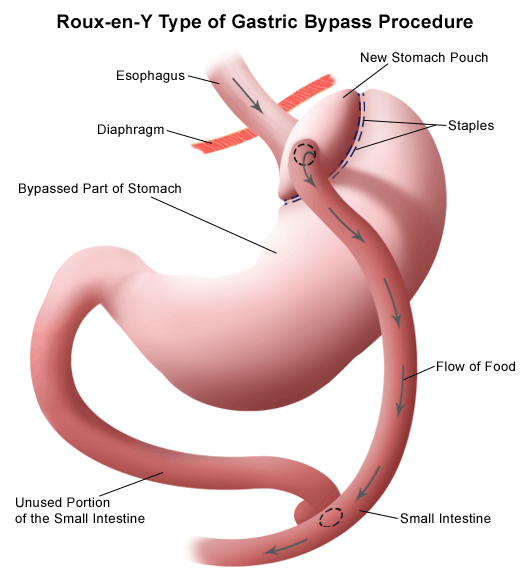Respected colleague Thomas Domer of the Domer Law Firm in Milwaukee, recently wrote a post about a study released by the National Academy of Social Insurance (NASI).
The study, titled Workers’ Compensation: Benefits, Coverage, and Costs, 2012, is a treasure trove of information, as you can see if you click on the 86-page document. The 2012 report was just released this summer, I am guessing because it takes a bit to compile all this data.
Here’s what Mr. Domer said about the study (reprinted with permission):
“A new study released by the National Academy of Social Insurance (NASI) indicates worker’s compensation benefits rose by 1.3% to $61.9 billion in 2012 while employer costs rose by 6.9% to $83.2 billion. Even though total benefits and costs increased in 2012, worker’s compensation benefits and costs per $100 of covered payroll have been lower from 2007 to 2012 than at any time over the last 30 years. In 2012 benefits were 98 cents per $100 of covered payroll while employer costs were $1.32 per $100 of covered payroll.
Over the last 30 years medical benefits have accounted for an increasing share of total benefits from 33% in 1984 to nearly 50% in 2012. Medical benefits accounted for almost 50% of the $61 billion in total benefits paid. In Wisconsin medical benefits exceed cash benefits, indicating that medical cost containment is a significant issue.
The Academy’s report Worker’s Compensation: Benefits Coverage and Costs 2012 is the 17th in an annual survey. The report provides the nation’s only comprehensive data on worker’s compensation benefits coverage and employer costs.”
Rehm, Bennett & Moore includes attorneys licensed in both Iowa and Nebraska, so I was most interested in these two states. As Mr. Domer indicated, cash wage replacement benefits and medical benefits are almost even nationwide, although cash benefits used to be a much greater cost to employers than medical benefits were. There is some difference in benefits between states, too, according to the study.
“The share of benefits paid for medical care varies tremendously across states. The variation not only reflects between-state differences in amounts paid for medical care, but also differences in the relative generosity of cash benefits across states,” according to the study.
Both Iowa and Nebraska are the same as what Mr. Domer reported with Wisconsin above: medical benefits very much outpaced cash benefits, and medical cost containment is definitely a concern. In 2012 in Iowa, over $362 million was paid in medical benefits, while almost $280 million was paid in cash benefits. In 2012 in Nebraska, over $192 million was paid in medical benefits, while over $120 million was paid in cash benefits.
There is a lot more information to digest in this document, so perhaps future blog posts will address some of the details. But I will end on an encouraging note from the 2012 study: “Workers’ compensation covered an estimated 127.9 million workers, (90 percent of the employed workforce) an increase of 1.6 percent from the number of workers covered in 2011 (125.8 million). … Between 2010 and 2012, all states experienced an increase in both covered wages and covered workers.”
That is definitely good news for workers, whether injured or not, and their loved ones.









